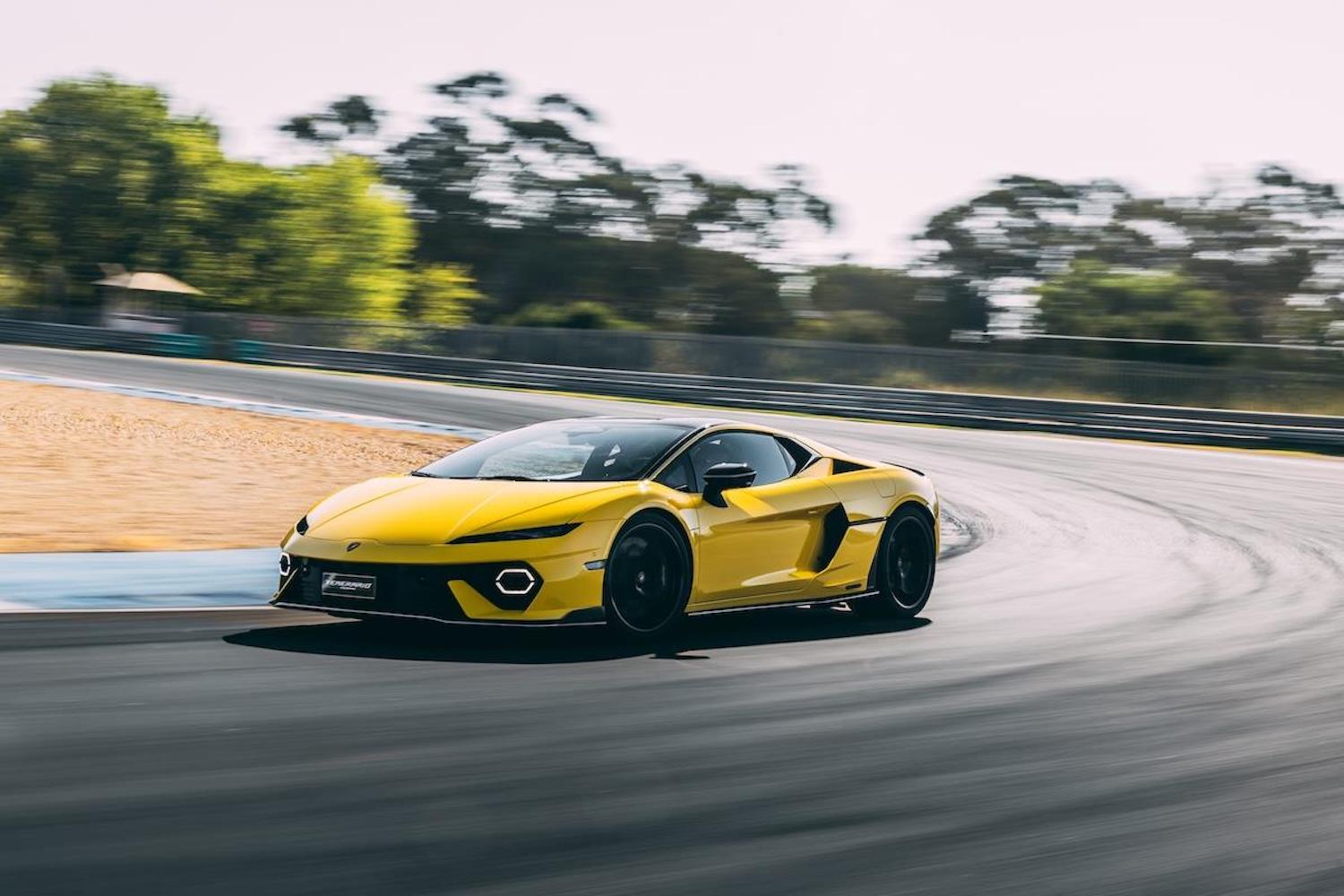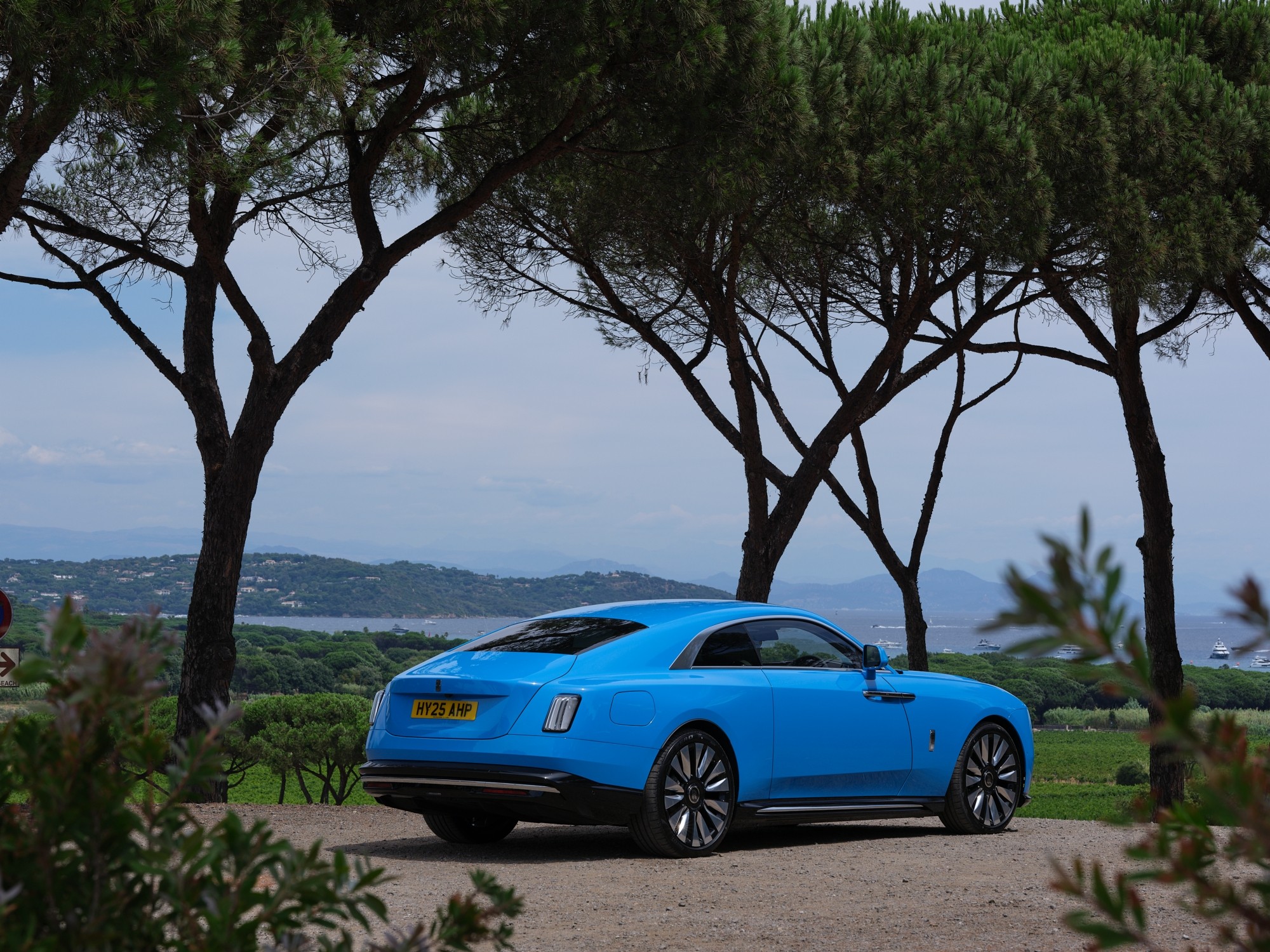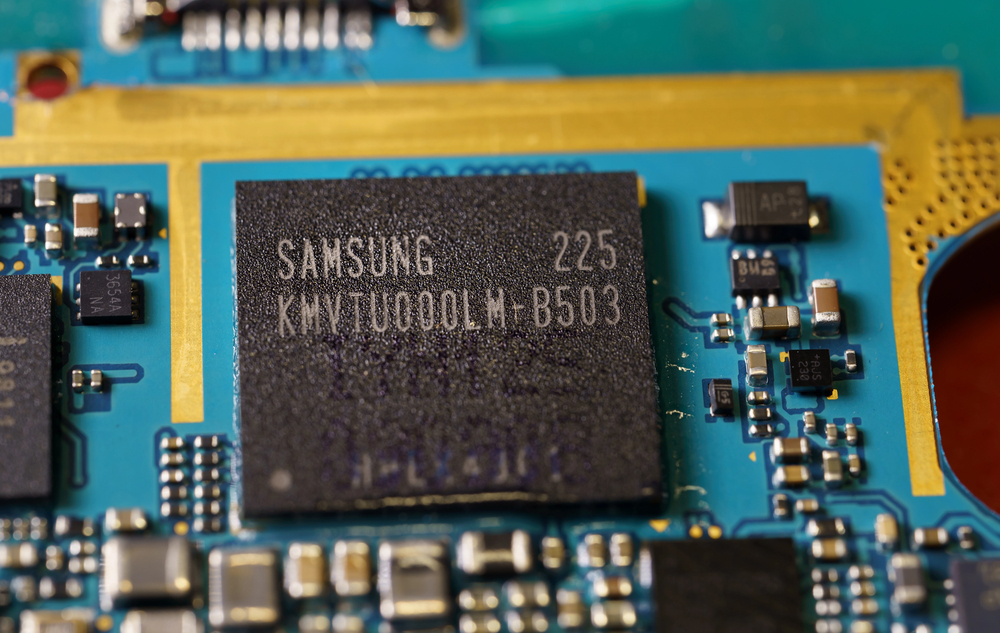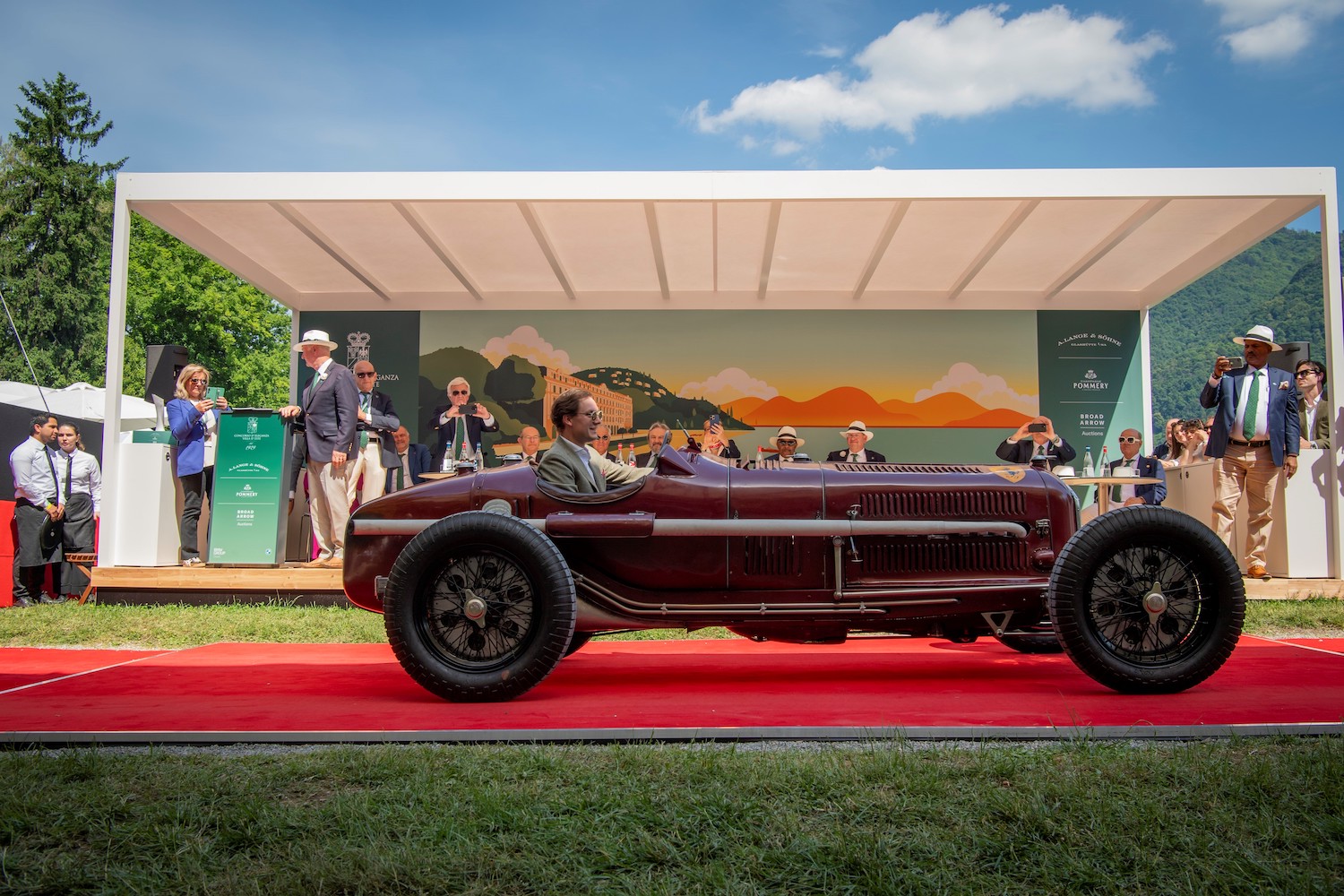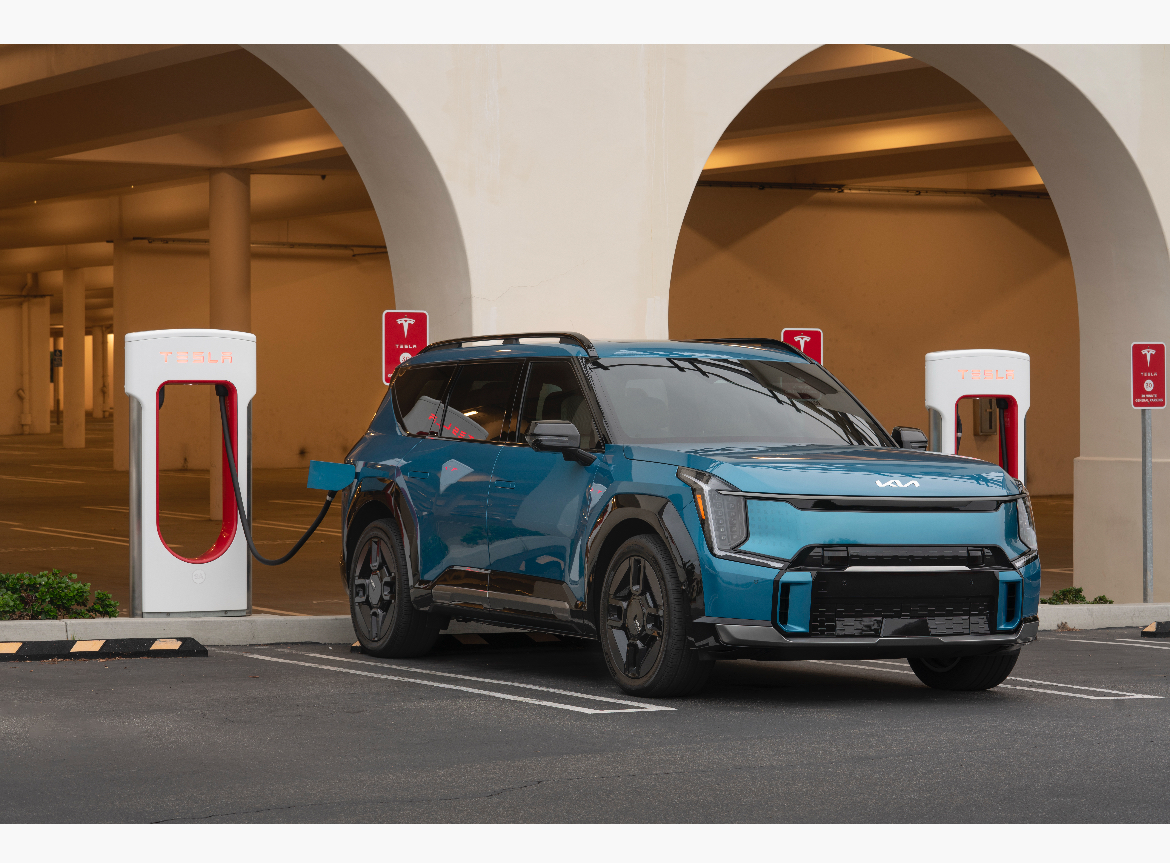Why Did Volvo Call Off Plans To Go Fully Electric By 2030?
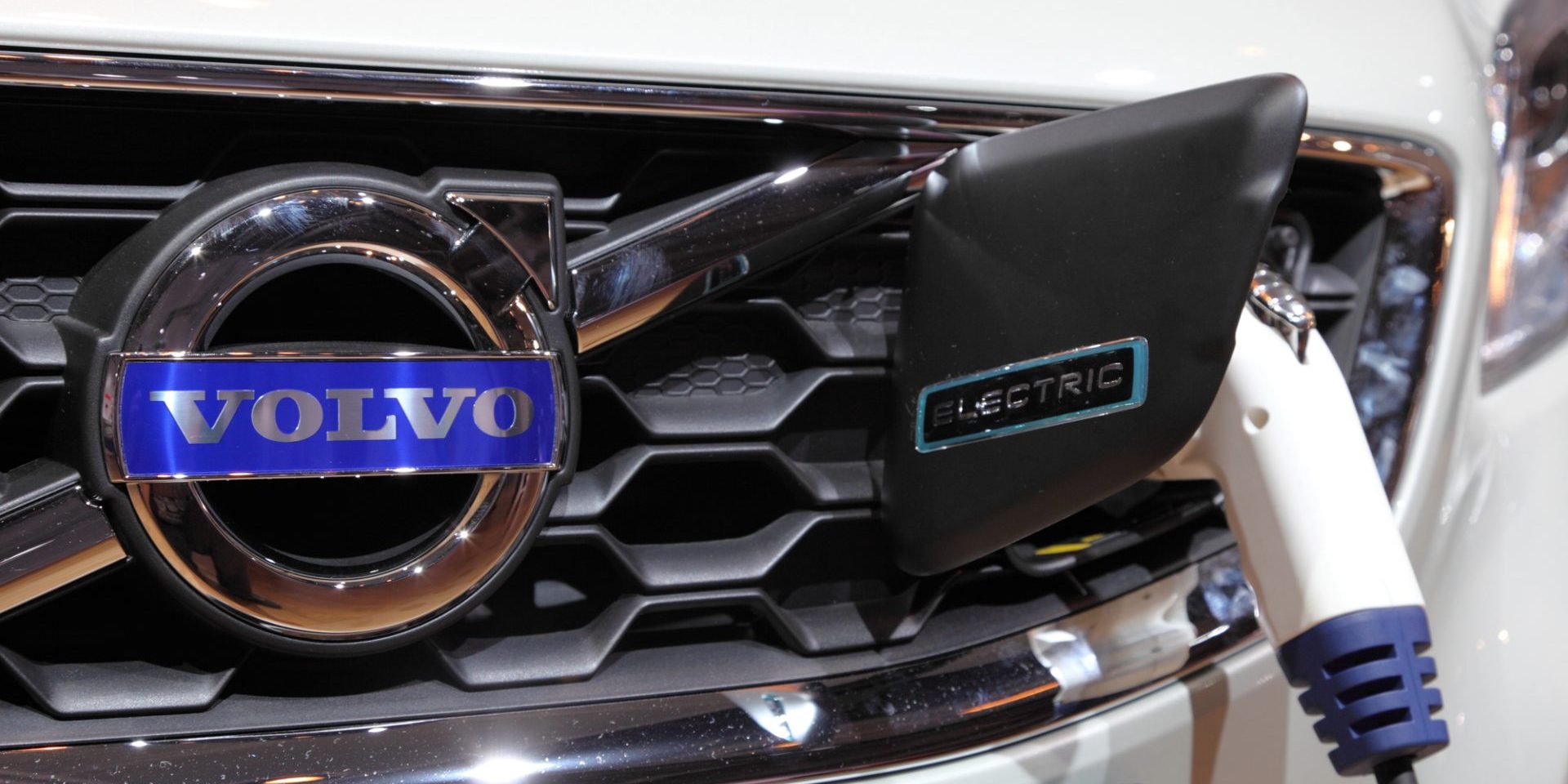
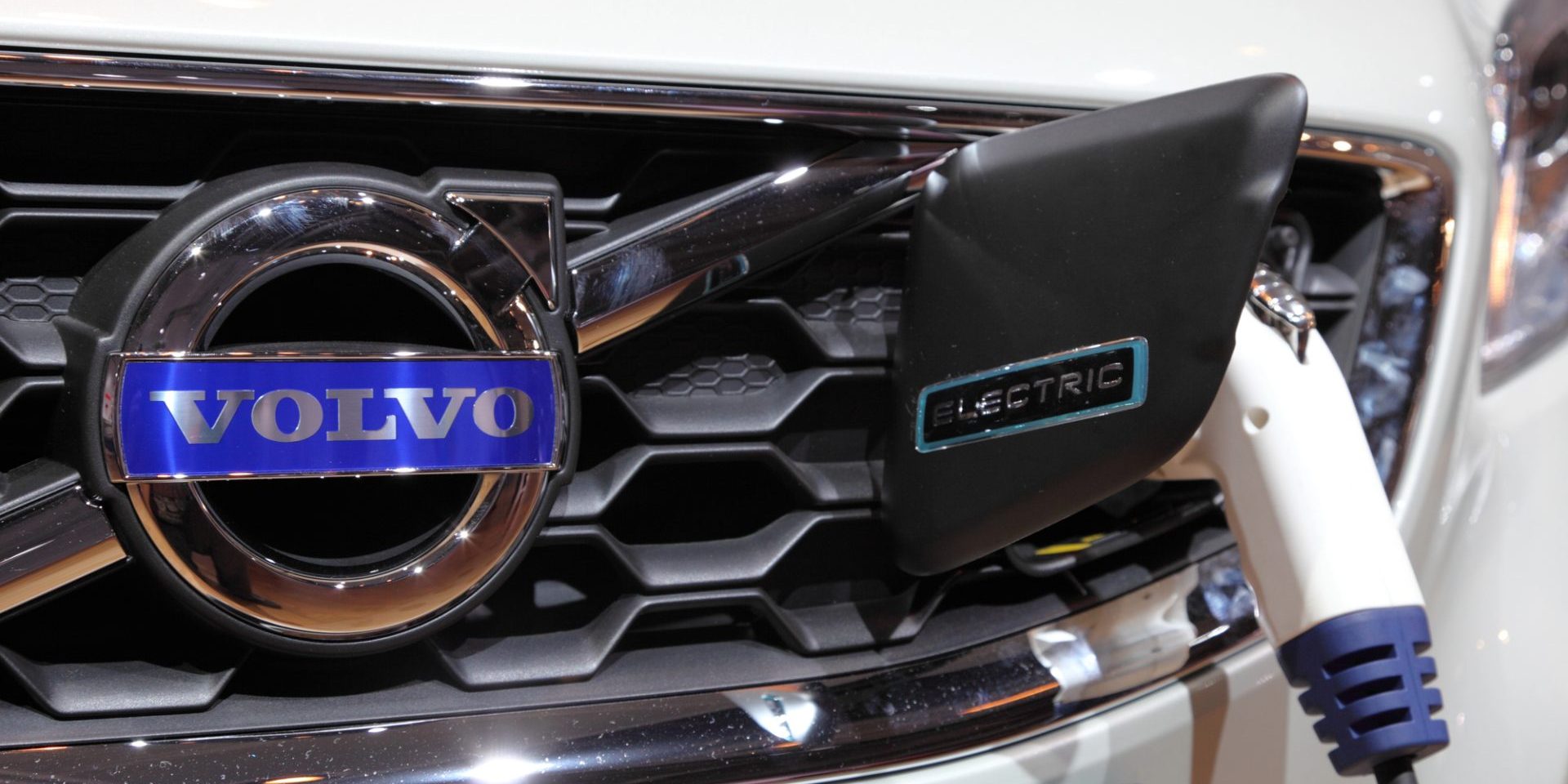
Volvo’s CEO, Jim Rowan, recently addressed the company’s plans for electrification in a media statement, highlighting the challenges faced by top-level executives in adapting to the ever-changing market dynamics. The electric vehicle (EV) market, in particular, is subject to fluctuations in incentives and subsidies, which can significantly impact a corporation’s sales figures and overall business strategy.
Rowan’s statement reveals that Volvo has postponed its plans to become a fully electric brand in the near future. While the company still intends to transition towards electrification, market forces have compelled them to reconsider their original target of achieving this goal by 2030. Instead, Volvo will now focus on introducing hybrid car models.
In an excerpt from his statement to Fortune magazine in Gothenburg, Sweden, Rowan explained:
“The future still remains the same, the destination point is the same. The arrival point, I think, becomes maybe slightly delayed. We will be fully electric probably in 50% of the market way before 2030, but in the other 50%, it’s going to take a lot longer.”
One of the factors contributing to Volvo’s decision is the reduction in incentives available to EV carmakers. This, coupled with the fact that buyers have been accustomed to internal combustion engine (ICE) models for a long time, makes it challenging for the company to convince customers to switch to electric vehicles.
As a chief executive, Rowan’s job requires him to balance innovation with excellence while navigating the complexities of the market. The decision to delay Volvo’s full electrification plan demonstrates the company’s adaptability and willingness to adjust its strategy in response to changing market conditions.
Despite the postponement, Volvo remains committed to its long-term goal of electrification. The company’s focus on hybrid models in the interim period allows them to bridge the gap between ICE vehicles and fully electric ones, catering to the needs and preferences of a broader customer base.
As the EV market continues to evolve, it will be interesting to observe how Volvo and other automakers navigate the challenges and opportunities presented by the shift towards electric mobility.

